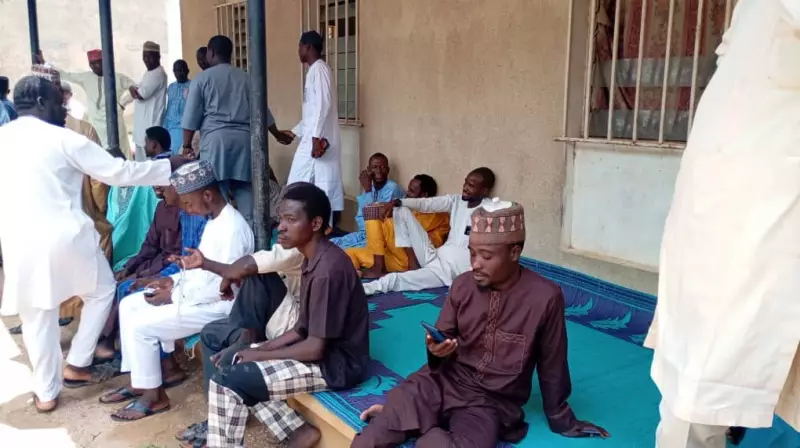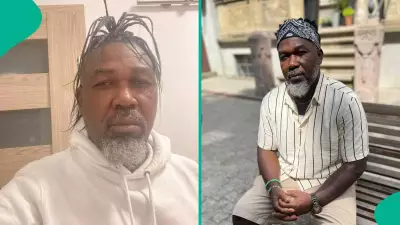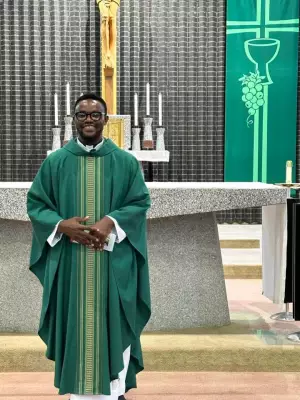
In the heart of Northern Nigeria, a quiet revolution is unfolding as Kano husbands are taking unprecedented steps to embrace family planning, challenging generations of cultural and religious resistance to contraception.
The Changing Face of Fatherhood
Across Kano's bustling communities, men who once viewed family planning as taboo are now becoming its strongest advocates. This remarkable transformation is reshaping family dynamics and maternal health outcomes in one of Nigeria's most conservative regions.
"I used to believe family planning was against our religion," confesses Mallam Ibrahim, a father of four. "But after seeing my wife struggle with frequent pregnancies, I realized that spacing our children would actually help me provide better for my family."
Breaking Down Barriers
The shift hasn't been easy. Deep-seated cultural myths and religious misconceptions have long prevented open discussions about reproductive health. Common fears included beliefs that contraception could cause infertility, birth defects, or even go against Islamic teachings.
However, targeted education campaigns and community engagement are gradually changing perspectives. Religious leaders and healthcare workers are working together to provide accurate information that aligns with both medical science and Islamic principles.
Tangible Benefits Emerging
The impact of this cultural transformation is already visible:
- Improved maternal health outcomes as women recover better between pregnancies
- Better educational opportunities for children as family resources stretch further
- Enhanced economic stability for households
- Stronger marital relationships as couples make joint decisions about their family's future
A Model for Other Regions
Kano's experience offers valuable lessons for other conservative regions in Nigeria and across West Africa. The success demonstrates that even deeply entrenched cultural norms can evolve when approached with sensitivity, religious understanding, and community involvement.
As Nigeria works toward its FP2030 goals, the Kano husband-led movement provides hope that meaningful change is possible when men become partners in reproductive health decisions rather than obstacles.
The journey is far from over, but the seeds of change planted by these pioneering husbands are already bearing fruit, creating healthier families and stronger communities across Kano State.





